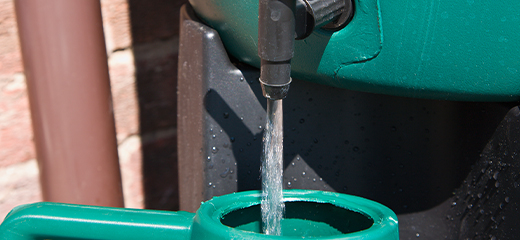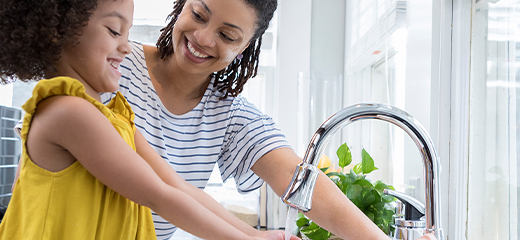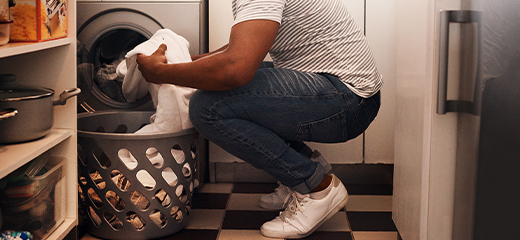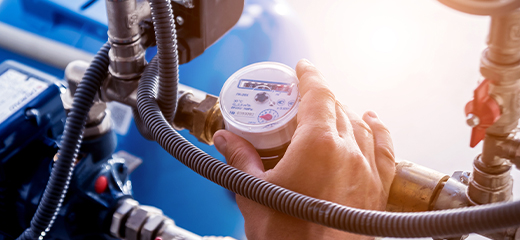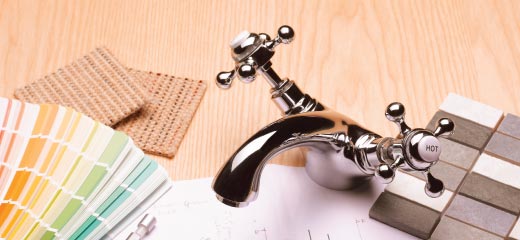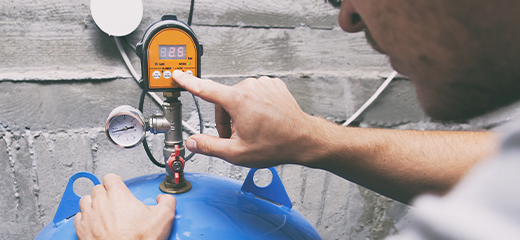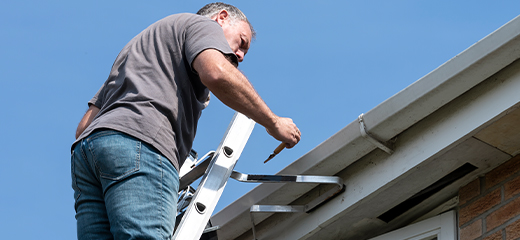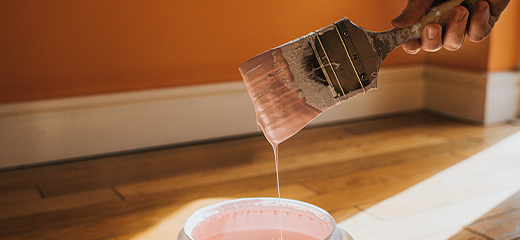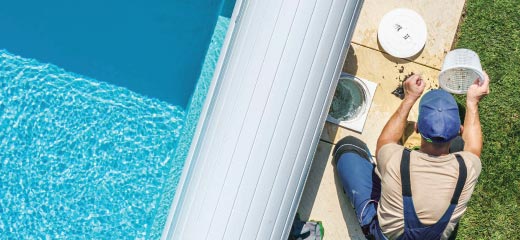
The basics of boreholes
With all the talk of Eskom and load shedding, very little is being said about South Africa’s water crisis. Nevertheless, local and international experts estimate that the country faces the possibility of running out of water by 2030 if ways are not found to save or access new sources of water.
South Africa has encountered critical water shortages on numerous occasions. In 1982, the country implemented severe water restrictions as drought conditions ravaged water supplies. More recently, Cape Town came perilously close to reaching ‘Day Zero’ in 2018, a point where water supply to the region would have to be cut off due to water shortages. Since then, areas in KwaZulu-Natal, Gauteng and the Eastern Cape have faced dire water shortages and many municipalities have had to reduce pressure and put restrictions in place.
The cost of water is also increasing across the country. In February 2021, the South African Reserve Bank told parliament that the cost of water had increased by 213% since 2010, compared to headline consumer price inflation which had increased by 68% over the same period.
Homeowners looking to secure future access to water are turning their attention to boreholes as many did in the early eighties. While costly, boreholes offer an attractive solution to ensuring water supply and avoiding the rising costs of municipal water.
What is a borehole?
Unlike municipal water, which predominantly comes from the country’s dams, a borehole accesses water below the ground. This groundwater is accessed by the drilling of a hole up to 100 metres deep until a water reservoir is found. Unstable sections of this hole are reinforced with steel and piping is installed.
Once the borehole has been given a chance to settle, pumping and aquifer tests are performed to determine yield. Having passed these checks, a pumping system is installed and connected to the piping.
This pumping system draws the water from the ground and sends it to be used on the property.
Using borehole water
The extent of your borehole installation will be based on how and where you want to use your borehole water. For those simply looking to drive water to the swimming pool and garden, the installation and pump selected are far smaller and more cost-effective.
It is, however, possible to use your borehole water for all your property and household needs. As borehole water is not chemically treated like municipal water, it is rich in natural minerals and nutrients. Groundwater is also often softer than municipal water, making it far kinder to your skin and clothes. Borehole water should be tested before being used for drinking water to establish whether a purification system is required.
But how much will it cost?
According to the Borehole Water Association of Southern Africa, a borehole installation can cost anything between R60 000 and R100 000. However, the association notes that this is an investment that should last 50 to 80 years.
To avoid unnecessary costs and unsuccessful drilling, the association strongly recommends that only accredited, borehole specialists are used.
